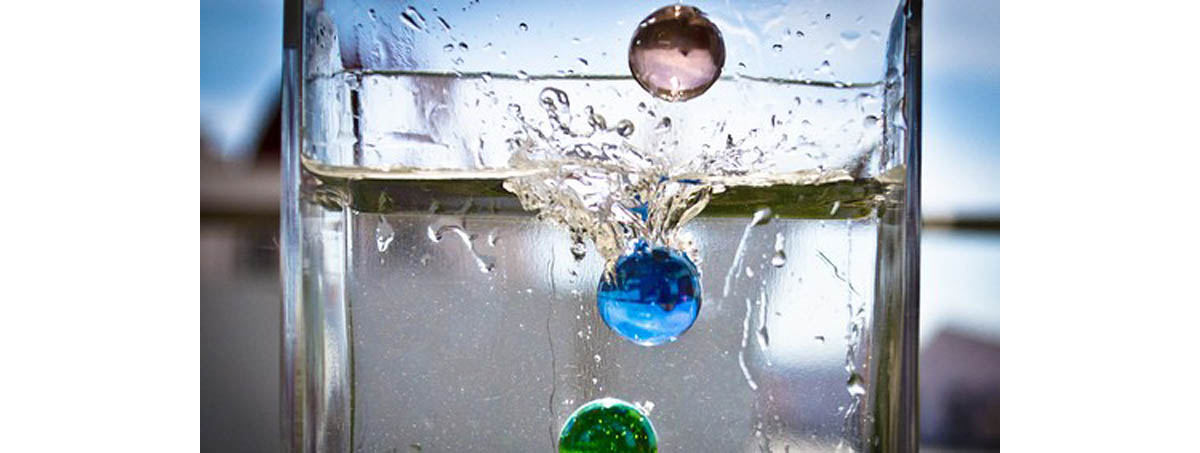Table of Contents
It is fat-free, has zero calories, is always ‘on tap’ (literally) and is essential to life. We’re constantly told to drink more of it, but is it really so good for our health?
Water makes up around 60 percent of our body weight and is vital for essential functions such as maintaining blood pressure, eliminating waste products and preventing the delicate mucous membranes in our nose, mouth and lungs from drying out. But apart from the essential stuff, what else can water do for us?
Here's what you haven't considered about water, but should.

Heart health
Research has found those people who drank five glasses of water a day were less likely to suffer from potentially fatal heart disease, compared with those drinking two glasses. (Just imagine what eight glasses could do.)
Digestive health
Water that is absorbed by dietary fiber as it passes through the digestive system bulks out stools to make them softer and easier to pass. (Many laxatives work on exactly this principle by drawing water into the stool). So not drinking enough water is likely to cause constipation.
Prevents cancer
A study in conducted by investigating men found those who consistently drank 10.5 glasses of water a day were 24 percent less likely to develop bladder cancer, while another study showed the risk of certain types of bladder cancer to be halved in men who drank 11 glasses of water a day. Drinking large quantities of water may have the effect of quickly washing cancer-causing agents out of the body, so they cannot accumulate.
Women have also been shown to be at lower risk of cancers that affect the bladder and kidneys the more fluid (of all types) they consume every day, and guess what? Water straight from the tap was found to have the strongest effect.
Other research showed a greater reduction in men: 92.4 percent for rectal cancer and 42 percent for colorectal cancer. Water increases the rate at which stools pass though the bowel, reducing contact time between cancer-causing agents and the bowel lining. Makes sense, right?
The risk of breast cancer is also affected by drinking water — a study showed that the risk of developing breast cancer was reduced by 79 percent in post-menopausal women and by 33 percent in premenopausal women if they drank plenty of water. This demonstrates the importance of water to normal functioning – at low levels cells are less able to filter out toxins.
Avoid diabetes by drinking water
Not drinking enough fluid has also been found to increase the risk of developing high blood sugar levels, which can lead to diabetes. In a study, those people who drank less than half a liter a day were more likely to develop high blood sugar than those drinking a liter or more. The link here is a hormone (vasopressin or ADH) secreted by the brain when fluid levels are low. It leads the kidneys to retain water, but causes the liver to release glucose into the blood. So the more vasopressin released due to dehydration, the higher blood sugar levels become.
- Chan J, Knutsen SF, Blix GG, Lee JW, Fraser GE. Water, Other Fluids, and Fatal Coronary Heart Disease.The Adventist Health Study. American Journal of Epidemiology (2002) 155 (9) 827-833
- Rousel R et al, for the D.E.S.I.R study group. Low Water Intake and Risk for New-Onset Hyperglycemia. Diabetes Care, 2011, 34, 2551–2554
- Photo courtesy of javmorcas on Flickr: www.flickr.com/photos/javmorcas/6220432042/
- www.water.org.uk

